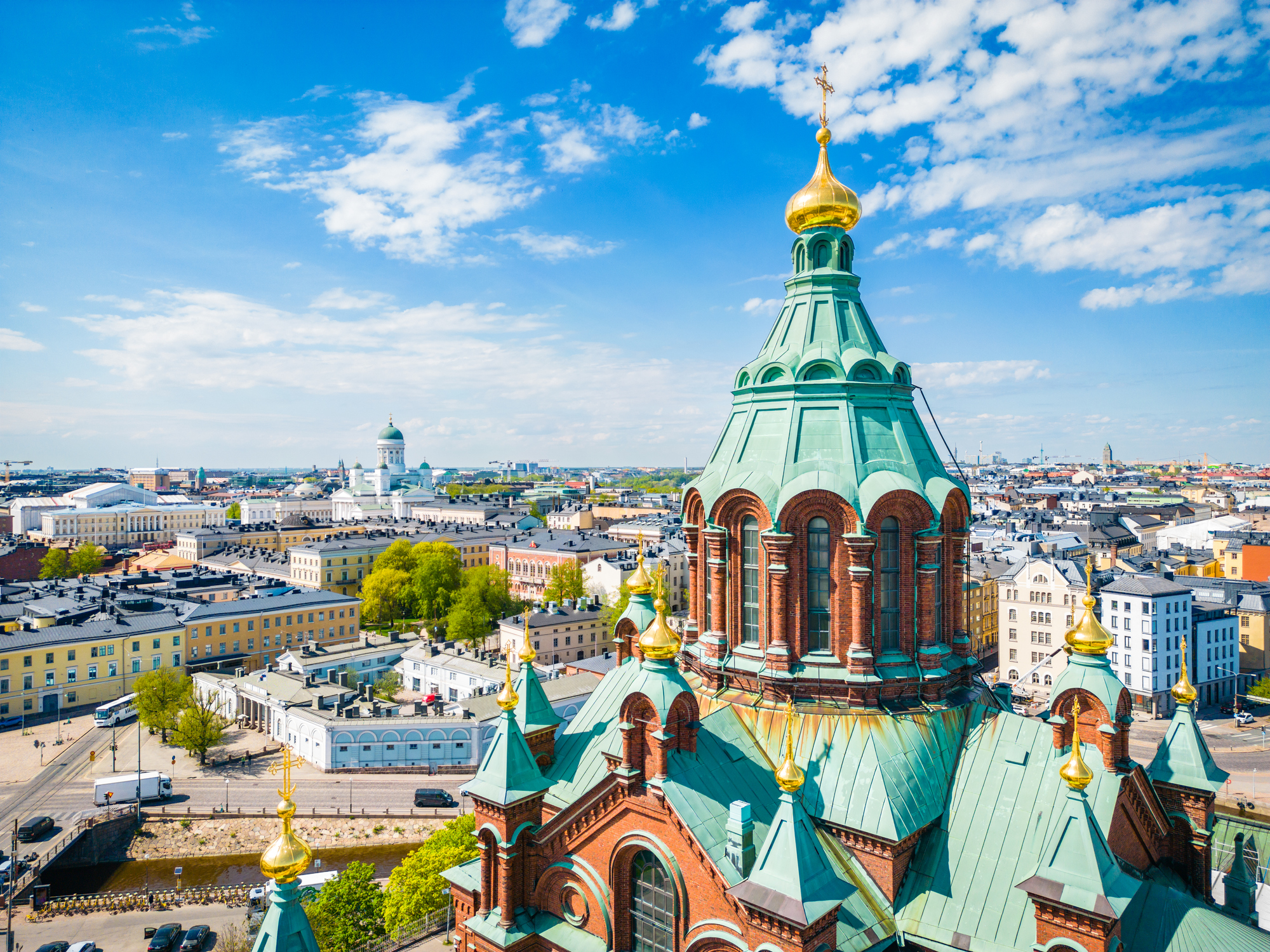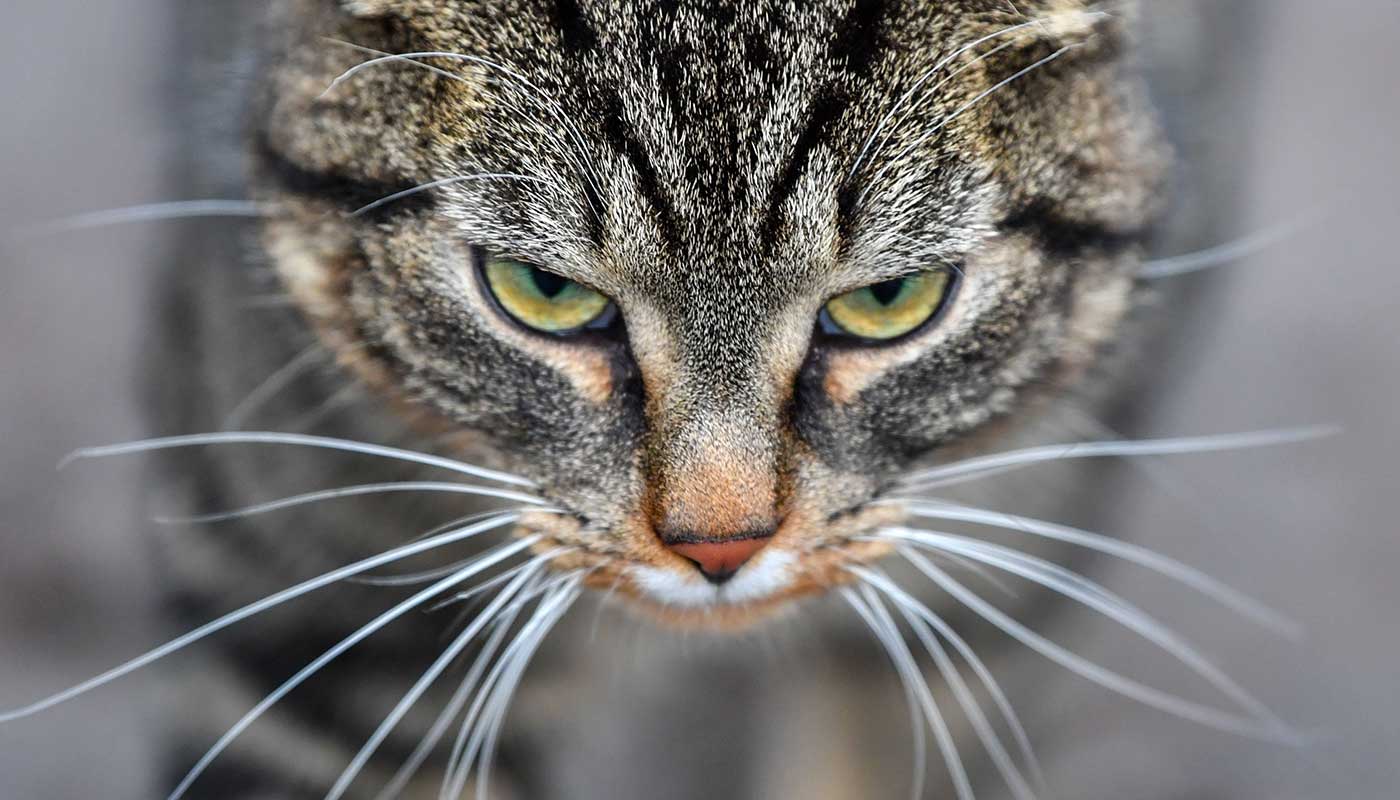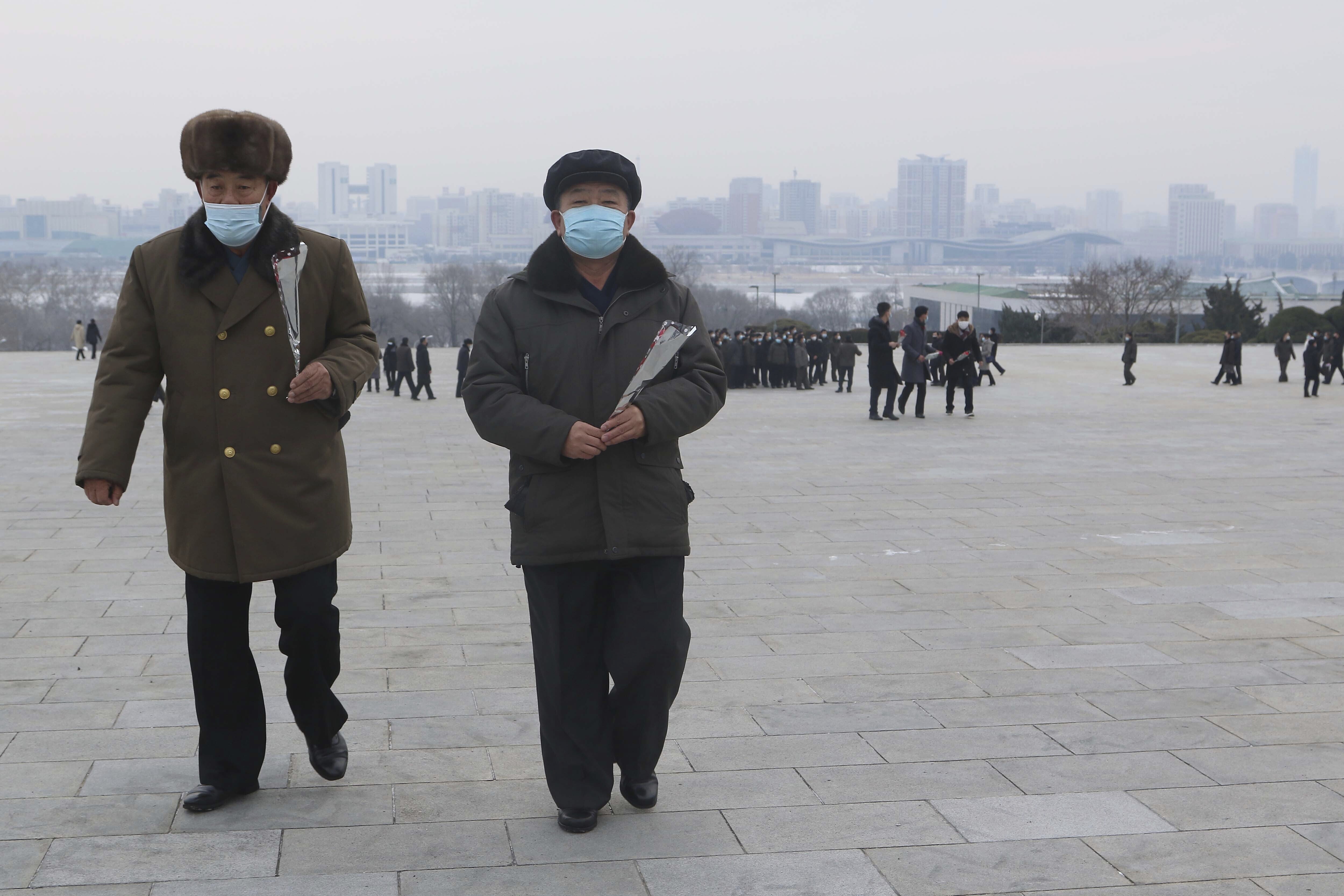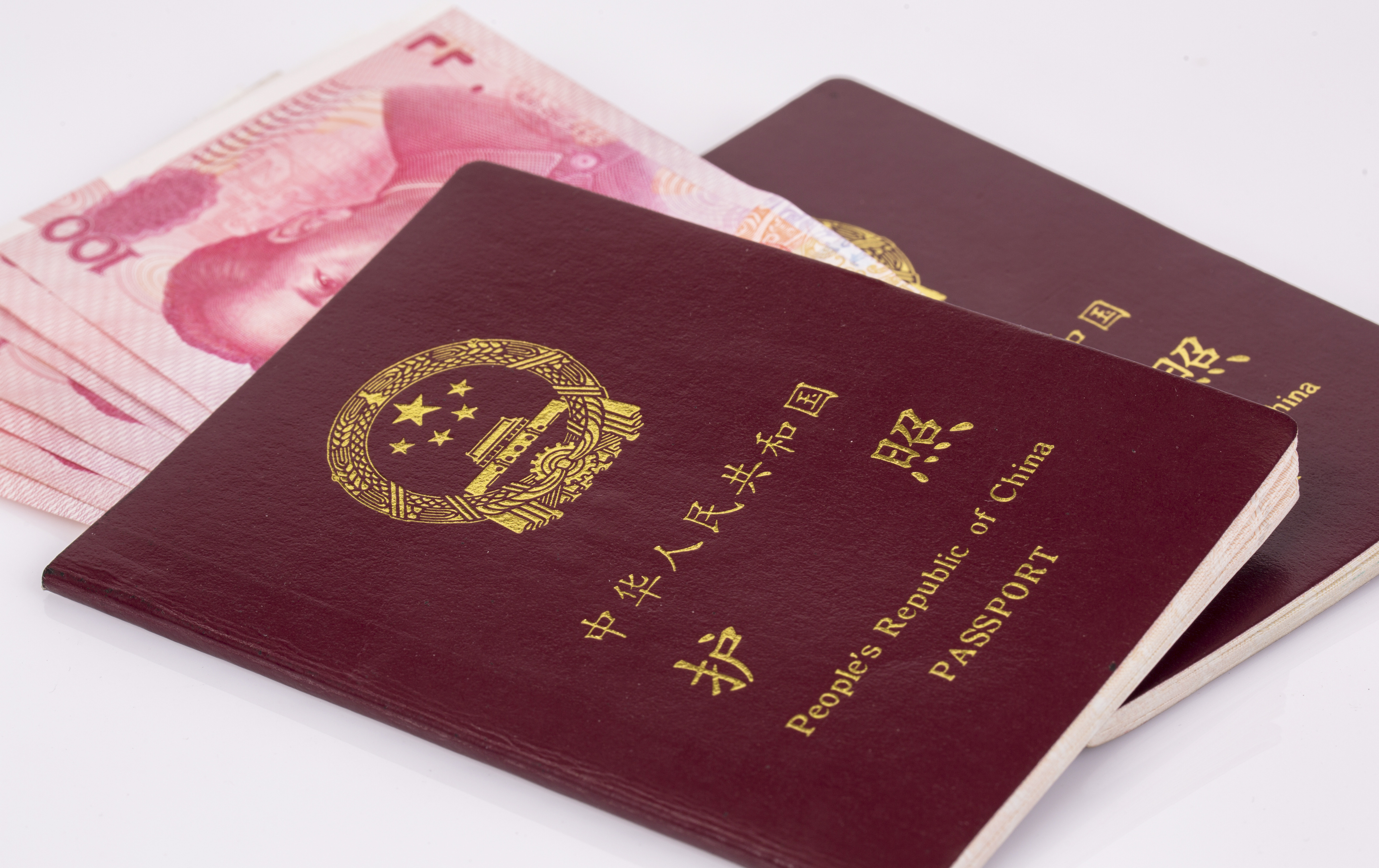‘I want my children to be properly bored’
Your digest of analysis and commentary from the British and international press

- 1. The loss of true boredom is one of the tragedies of modern life
- 2. The Brexiteers never took the Irish border seriously - and it shows
- 3. Trump’s Supreme Court is full of surprises
- 4. Will Euro 2020 change England for ever? I’ve heard it all before
- 5. Connecting with Kafka during our pandemic isolation
A free daily email with the biggest news stories of the day – and the best features from TheWeek.com
You are now subscribed
Your newsletter sign-up was successful
1. The loss of true boredom is one of the tragedies of modern life
Jemima Lewis in The Daily Telegraph
on too much stimulation
“The idea that boredom is good for us – particularly in childhood, because it encourages imagination and creativity – is well established,” writes Jemima Lewis in The Daily Telegraph. She recounts the “massive afternoon longeurs” of her own infancy, during which she would “finally peel myself off the dusty-smelling carpet to read a book… or feed mystery liquids from the medicine cabinet to my little sister”. Now, though, she says, boredom is harder to come by. “If I want my children to be properly bored – not just fed up and listless, but laid out flat by the certain knowledge that there is nothing to do – I must hide all the screens. In doing so, I create the first of the day’s entertainments: hide and seek.”
The Week
Escape your echo chamber. Get the facts behind the news, plus analysis from multiple perspectives.

Sign up for The Week's Free Newsletters
From our morning news briefing to a weekly Good News Newsletter, get the best of The Week delivered directly to your inbox.
From our morning news briefing to a weekly Good News Newsletter, get the best of The Week delivered directly to your inbox.
2. The Brexiteers never took the Irish border seriously - and it shows
David Gauke in the New Statesman
on unresolved divisions
A line in Dominic Cummings’ latest blog post “reveals much about the thinking of many Leavers at all stages in the Brexit story, including today”, writes David Gauke, who was lord chancellor under Theresa May, in the New Statesman. Cummings says he told Boris Johnson that “when officials start babbling about Ireland, the union, the rule of law and what not, we just keep bulldozing”. Such contempt for “the importance of the rule of law” is disappointing, he says, as is “the cavalier attitude” to the union. “But the failure to take the issue of Ireland seriously is particularly worth dwelling upon.”
A free daily email with the biggest news stories of the day – and the best features from TheWeek.com
3. Trump’s Supreme Court is full of surprises
Gerard Baker in The Times
on unforeseen consequences
When Donald Trump appointed his third US Supreme Court judge, American conservatives hoped they “would roll back the progressive advances of recent years”, writes Gerard Baker in The Times. The response from liberals was “a primal scream of fear and loathing”. And yet “the new American theocracy we were promised has failed to materialise”. It is still “early days”, he adds, but so far the new judges are “exercising a high degree of caution and seeking as far as possible to be inclusive, while holding to their conservative principles”.
4. Will Euro 2020 change England for ever? I’ve heard it all before
Joseph Harker in The Guardian
on the limits of progressive intent
England’s Euro-conquering squad may have “shown moral leadership and social awareness, taking positions on poverty, racism, LGBT rights and multiculturalism”, writes Joseph Harker in The Guardian, but “I dread to think what will happen” if they actually win on Sunday. The national team’s performance, until now reliably dismal, “has been the one major corrective to England’s over-inflated opinion of itself” for decades, he argues. “Without that, nationalist demons will be set free; there’ll be little to hold back the feelings of supremacy and superiority that are so much embedded in Britain’s history.”
5. Connecting with Kafka during our pandemic isolation
Corina Stan in the Los Angeles Times
on literary loneliness
Franz Kafka may have died almost a century ago, but his time has come, writes Corina Stan of Duke University in the Los Angeles Times. He “captures a disturbing unsociability I felt at times during the pandemic”, she says, and conjures “unsettling forms of loneliness, isolation and unexpected change. In one of his short stories, The Burrow, a creature’s home is “disrupted and turned unrecognisable by the intrusion of an invisible, insidious beast”. For us, the beast was Covid-19, which “interrupted our lives in a sudden and complete way, casting us all as anxious characters in a Kafka parable”.
-
 5 cinematic cartoons about Bezos betting big on 'Melania'
5 cinematic cartoons about Bezos betting big on 'Melania'Cartoons Artists take on a girlboss, a fetching newspaper, and more
-
 The fall of the generals: China’s military purge
The fall of the generals: China’s military purgeIn the Spotlight Xi Jinping’s extraordinary removal of senior general proves that no-one is safe from anti-corruption drive that has investigated millions
-
 Why the Gorton and Denton by-election is a ‘Frankenstein’s monster’
Why the Gorton and Denton by-election is a ‘Frankenstein’s monster’Talking Point Reform and the Greens have the Labour seat in their sights, but the constituency’s complex demographics make messaging tricky
-
 ‘Irony’ as Zoom calls staff back to office
‘Irony’ as Zoom calls staff back to officefeature And other stories from the stranger side of life
-
 The U.S. veterinarian shortage crisis
The U.S. veterinarian shortage crisisSpeed Read With an anticipated shortage of 15,000 vets by 2030, it will be harder to get care for pets
-
 Company teaches mask-wearers to smile again
Company teaches mask-wearers to smile againfeature And other stories from the stranger side of life
-
 Global happiness has been 'remarkably resilient' over the past three years
Global happiness has been 'remarkably resilient' over the past three yearsfeature
-
 Ministers considered killing all cats during pandemic
Ministers considered killing all cats during pandemicfeature And other stories from the stranger side of life
-
 North Korea imposes 5-day lockdown on capital to fight 'respiratory illness'
North Korea imposes 5-day lockdown on capital to fight 'respiratory illness'Speed Read
-
 China to begin re-issuing passports in another reversal of COVID lockdowns
China to begin re-issuing passports in another reversal of COVID lockdownsSpeed Read
-
 The Week Unwrapped: Tracking apps, BTS and stay-at-home girlfriends
The Week Unwrapped: Tracking apps, BTS and stay-at-home girlfriendspodcast Does China’s U-turn mark the end of Covid-tracking apps? Has South Korean pop passed its peak? And are we really seeing the rise of the stay-at-home girlfriend?